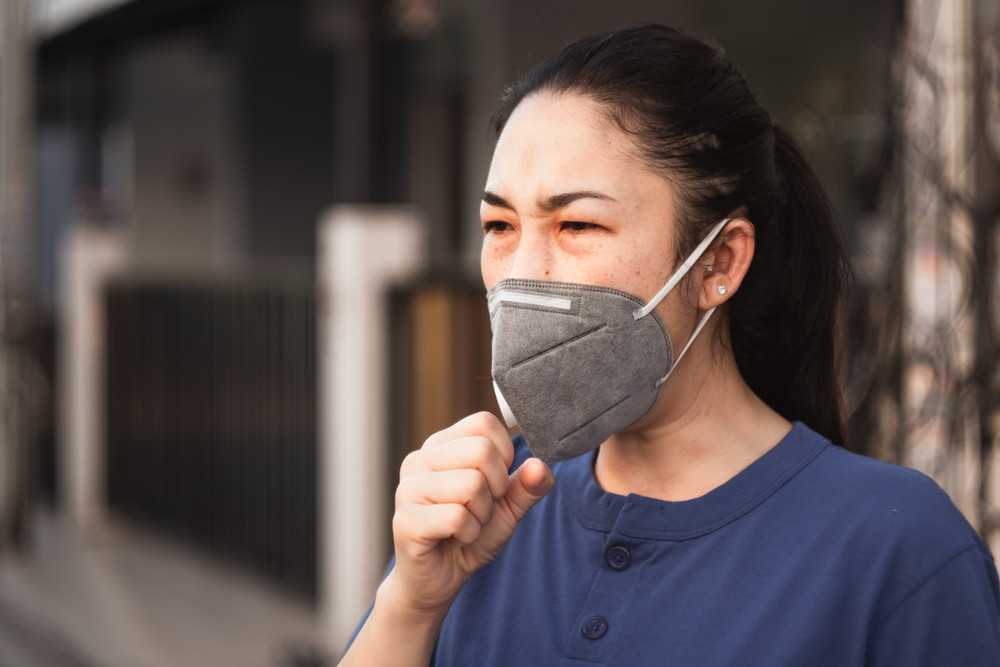US House passes coronavirus bill funding free tests, sick leave
14 March, 2020

THE UNITED STATES House of Representatives overwhelmingly passed a coronavirus aid package early on Saturday that could provide free testing and paid sick leave, in a bid to limit the monetary damage from a pandemic which has shuttered schools, sports arenas and offices.
By a bipartisan vote of 363 to 40, the Democratic-controlled House passed a multi-billion dollar effort that could expand safety-net programs to help those who could possibly be trashed of work in the weeks to come.
Economists say the outbreak, which has infected 138,000 persons worldwide and killed a lot more than 5,000, could tip the US economy into recession.
President Donald Trump said he supported the package, raising the chance that it will pass the Republican-controlled Senate next week.
The 110-page bill may be the product of considerable negotiations between House Speaker Nancy Pelosi and Treasury Secretary Steven Mnuchin, President Donald Trump's point person on the issue. Mnuchin has pressed for tax cuts, while Pelosi had pushed to expand safety-net spending. It does not include the $1 trillion payroll tax cut that Trump had called for.
Pelosi and Trump have a frosty relationship, and the two did not speak directly. "There is no dependence on that," Pelosi said at a news conference on Friday evening.
Early in the day, Trump had accused Democrats of "not doing what's right for the united states."
The bill would provide two weeks of paid sick and family leave for those influenced by the virus. Businesses would get a tax credit to greatly help cover the expense.
Democrats had primarily sought to produce a long term paid sick-leave benefit for the third of US personnel who currently lose wages when they stay home because of illness, but Republicans said that was a dealbreaker.
Workers would also be able to take up to 90 days of unpaid leave if they're quarantined or have to look after sick family members.
It could expand safety-net programs that help people weather financial downturns, including home-bound seniors and low-income schoolchildren who risk losing access to free breakfast and lunch if their schools are shuttered.
It could bolster unemployment aid, and the "food stamps" program that helps 34 million low-income persons buy groceries.
Significantly, it would suspend a fresh Trump administration restriction, because of activate on April 1, that could take off food-stamp benefits for 700,000 childless adults who are not working.
Federal support for Medicaid would also be increased, giving states a cushion to fund the low-income medical health insurance program that Trump has repeatedly tried to cut back.
Pelosi said the House would begin work in a few days on another round of legislation to aid hard-hit industries and the broader economy. House Republican Leader Kevin McCarthy said Trump's proposed payroll tax cut could element in those negotiations.
The two sides struggled to find common ground after quickly passing an $8.3 billion bill the other day to cover vaccine research and other disease-fighting measures.
Trump declared a national emergency on Friday, freeing up $50 billion in federal aid.
Source: www.thejakartapost.com
